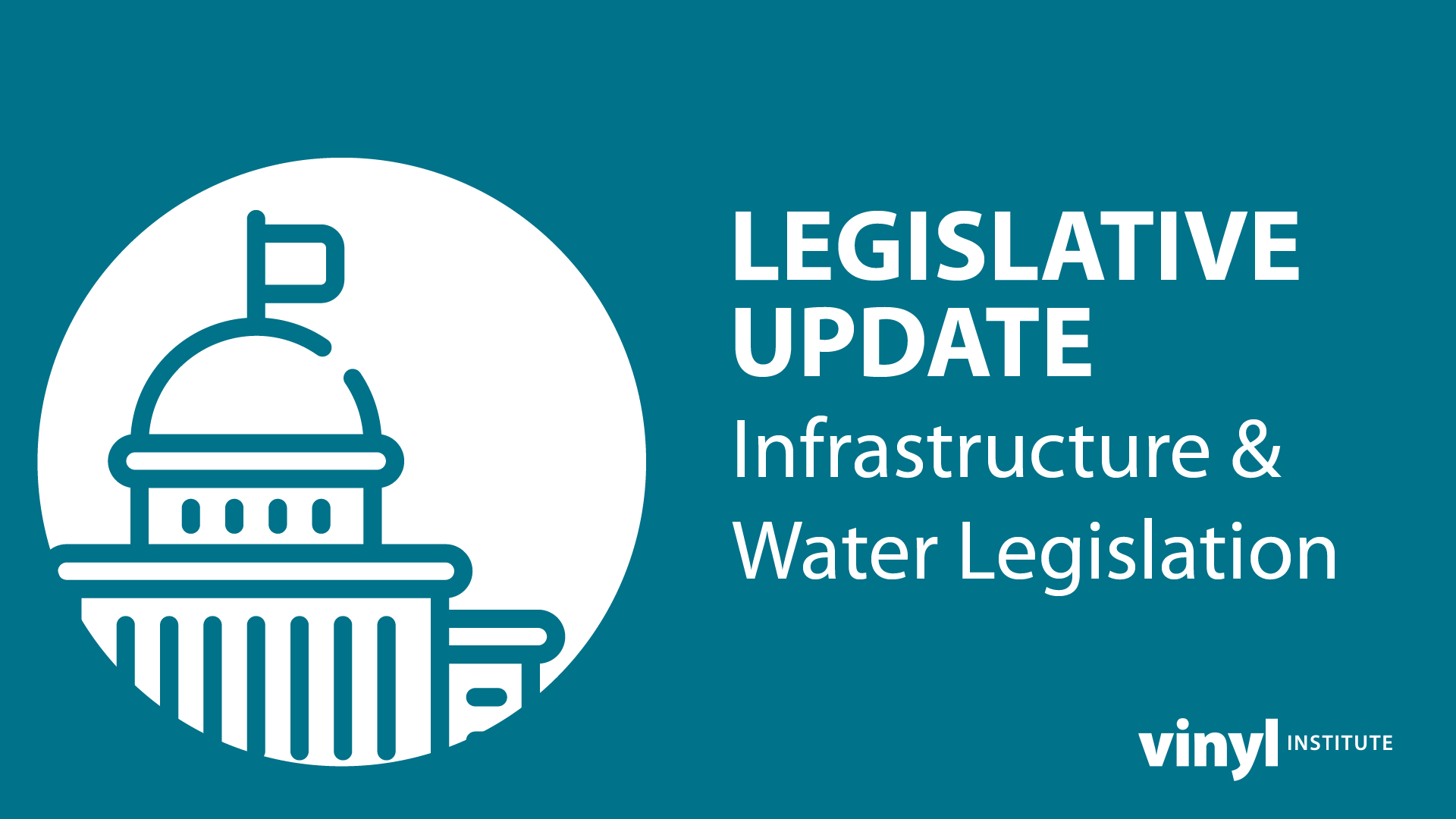This website uses cookies so that we can provide you with the best user experience possible. Cookie information is stored in your browser and performs functions such as recognising you when you return to our website and helping our team to understand which sections of the website you find most interesting and useful.
News
Legislative Update: Infrastructure & Water Legislation
Infrastructure
Infrastructure negotiations between the White House and Senate Republicans have seen little progress, though neither side wants to walk away. Lead Republican negotiator Shelley Moore Capito (R-WV) says she is determined to negotiate a deal but is criticizing White House staff hindering an agreement that she says President Biden has shown approval for.
Senate Republicans are expected to present a new $1 trillion counteroffer to the administration on Thursday after the White House on May 21 dropped its offer from $2.25 trillion to a $1.7 trillion plan. Republicans would reportedly fund the bill by repurposing unspent funds from the administration’s $1.9 trillion American Rescue plan that would be spent over 8 years instead of the 5 years in the Republican’s first $568 billion offer. Senate Republicans have said Biden has indicated he would be willing to accept a $1 trillion offer. The big question is whether Biden will accept the pay-fors the Republicans offer. Press Secretary Jen Psaki would not speculate on Biden’s acceptance of such a proposal in a May 25 press briefing.
There has been a sudden emergence of a separate bipartisan group of eight senators that met to work together on May 24 and include Democrat swing-voters Sen. Joe Manchin (D-WV) and Krysten Sinema (D-AZ). These senators appear to be making progress on a separate proposal and ways to fund their plan. The funding methods include indexing the gas tax, contributions from electric vehicle owners, and using unspent COVID-relief funds, all of which are unlikely to gain support from Biden’s administration. The group is expected to release the plan if discussions between the White House and Senate Republicans led by Sen. Shelley Moore Capito break down.
There has been additional bipartisan progress on a $311 billion surface transportation bill that the Senate Environmental and Public Works (EPW) Committee marked up on May 26, which could become a potential vehicle for President Biden’s infrastructure package. EPW Chairman Tom Carper (D-DE) unveiled the deal over the weekend. The Committee approved the unnumbered measure, 20-0.
The path infrastructure will take remains unknown at this time, but the “bottom line,” according to Senate Majority Leader Chuck Schumer (D-NY), the Senate will take up a “big, bold” infrastructure bill in July.
Water Legislation
On May 13, House Transportation and Infrastructure (T&I) Republicans introduced the “Wastewater Infrastructure Improvement Act of 2021” (H.R. 3218) to assist states and local communities in addressing wastewater infrastructure needs. The legislation, which is nearly identical to a bipartisan compromise bill that passed the T&I Committee in 2019, would reauthorize EPA’s clean water state revolving fund (CWSRF) at a total of $14 billion over five years, as well as reauthorize other federal clean water programs such as assisting states in implementing state water quality improvement programs and sewer overflow and stormwater management projects. The bill would allow Clean Water Act (CWA) discharge permits to last up to 10 years, instead of the current five years. Water Resources and Environment Subcommittee Ranking Member Reps. David Rouzer (R-NC) introduced the bill along with Transportation and Infrastructure Committee Ranking Member Sam Graves (R-MO) and Don Young (R-AK). The bill’s authorizations are significantly less in funding than legislation backed by committee Democrats in March (H.R. 1915) which authorizes a total of $40 billion for the CWSRF and is expected to be marked up soon.
Republicans on the House Energy and Commerce Committee have introduced the “The Drinking Water Funding for the Future Act,” a $11.58 billion drinking water infrastructure legislation that includes reauthorization of EPA drinking water programs at existing levels of $9.5 billion over five years and includes targeted funding for lead service line replacement and other drinking water infrastructure needs. Funding for the drinking water state revolving fund (DWSRF) and other measures is significantly lower than the $51.6 billion authorized in the LIFT Act by the House Democrats and the bipartisan $35 billion measure (S. 914) passed by the Senate in April.
Icon in graphic made by Freepik from www.flaticon.com


